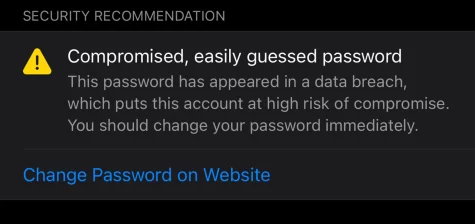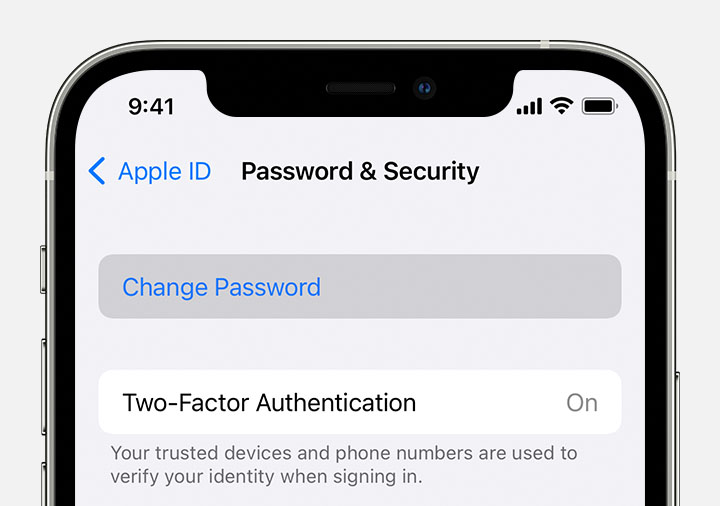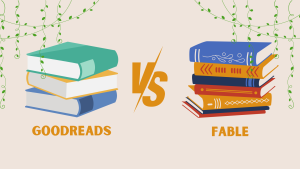Password security
April 4, 2022
Many users were shocked to learn that a widely used music app, Spotify, was hacked March 8. For 1 hour users were unable to access the app due to a security breach causing many to be logged out of their accounts. After Spotify acknowledged the situation, users discovered that Spotify appeared to have been hacked, frustrating over 406 million users.
With personal information jeopardized, it leads room to question the safety of users’ accounts, all of which have critical information. Should we trust Spotify with our information when there is risk of it getting hacked?
Although the hacker is unidentified, luckily no accounts’ personal information seemed to be harmed by the breach. However, one can’t help but question the safety of their accounts after this incident, and whether their password is safe or strong.
Apple has launched a helpful way to keep your passwords strong; when logging into an app or website on your device, Apple will suggest a strong password for you. This password will contain 20 characters including uppercase and lowercase letters, numbers, hyphens and occasionally other special characters.
“iPhone stores the passwords in iCloud Keychain and fills them in for you automatically, so you don’t have to memorize them,” Apple states.
 Along with password security, Apple checks to see if passwords or important information such as your IP address have been exposed to data breaches. If there is a possible breach of information, you will be notified that your password has been seen on data breaches and advise you to change it.
Along with password security, Apple checks to see if passwords or important information such as your IP address have been exposed to data breaches. If there is a possible breach of information, you will be notified that your password has been seen on data breaches and advise you to change it.
Many people, including myself, use their notes to keep record of all their passwords. Although this is easy, Jerry Galvin from Medium says, “your phone is being too helpful and it’s making your passwords insecure.”
Many helpful password websites like Keeper and LastPass are made to keep your passwords safe. But an article from the Pew Research Center says that 12% of internet users store all their passwords in a password management program, and only 3% use that method primarily.
There are many other websites that are good at keeping your passwords safe, but are rarely used as people seem to trust the Notes app on their phones more. Verizon states that 80% of complaints about data breaches are the cause of poorly kept passwords or reuse of a password. So why aren’t we using these helpful websites to keep our information safe?








